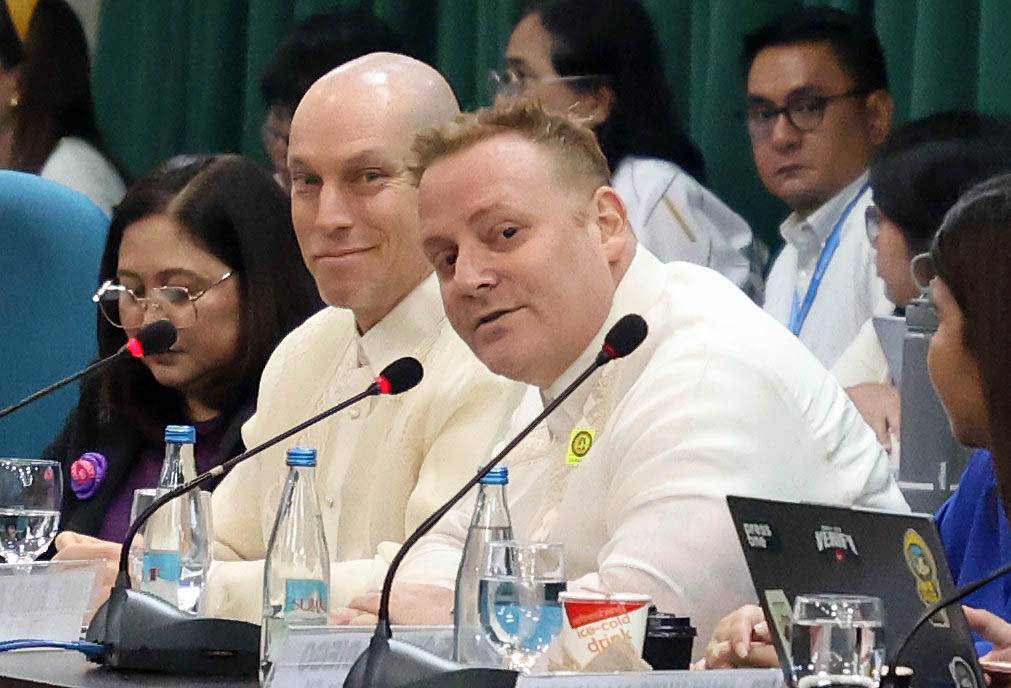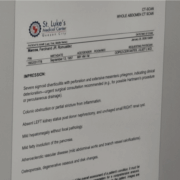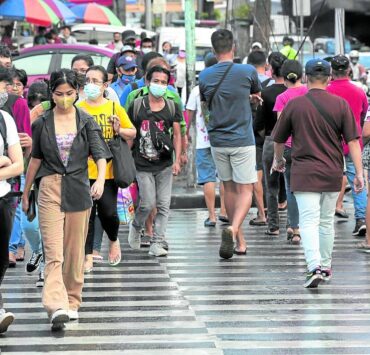Roman warns law regulating free speech may be raised to SC

After four grueling House hearings into the proliferation of disinformation on social media, a lawmaker on Tuesday finally addressed the elephant in the room—any attempt of Congress to pass a law to regulate free speech would most likely be challenged before the Supreme Court and probably be “a lost cause.”
On Tuesday, Bataan Rep. Geraldine Roman cautioned her colleagues in the House tri-committee investigating the spread of fake news on social media against pushing for legislation that would regulate online content creation.
This after most of the members of the panel—composed of the committees on public order and safety, information and communication technology, and public information—appeared inclined to push for such a bill to curb the spread of disinformation.
Roman reminded her colleagues that content creation was still free speech and expression and therefore a right guaranteed by the 1987 Constitution.
“We can regulate social media platforms, but to regulate the area of content creation is most likely, and most probably, unconstitutional,” said Roman, who earned her master’s degree in journalism in Spain. “[Any] kind of state regulation over content creation should pass the strict scrutiny test that would actually be applied by the Supreme Court or any corresponding court if the constitutionality of this state regulation is in question.”
Supreme Court jurisprudence (Spark et al. v. Quezon City; G.R. No. 225442) has defined the strict scrutiny test as applicable when a law “interferes with the exercise of fundamental rights, including the basic liberties guaranteed under the Constitution, or burdens suspect classes.”
The government, according to the high court, has the burden to prove that its action “is necessary to achieve a compelling State interest, and is the least restrictive means to protect such interest or the means chosen is narrowly tailored to accomplish the interest.”
“From a pragmatic point of view, it is better for us to know as early as now what such a proposal would go through,” Roman added. “This would likely be brought to court, questioned by the Supreme Court, and by default it would be considered unconstitutional. The government would have to state and prove a compelling reason, which is rather difficult.”
Regulation of platforms
Instead, she said, the committee should focus its energies on crafting legislation to regulate social media platforms, noting the findings from previous hearings.
Among these are the lack of laws requiring them to establish a legal entity in the country, which was why companies like Meta—the parent company of Facebook and Instagram—have no Philippine headquarters; as well as lack of regulations establishing the duties and responsibilities of social media platforms to content creators, advertisers and the government.
She pushed for the creation of self-regulatory bodies such as the Digital Council of the Philippines.
Roman first brought up the idea of such a council in a previous hearing, which would allow content creators to organize and draw up their own standards and regulations.
“It is this void that our committee can be most useful: to regulate social media platforms. I am thinking ahead, but this is how we work,” she added.
Former Vice President Noli de Castro, a veteran broadcaster, echoed Roman’s sentiment, saying that such self-regulatory bodies like the Kapisanan ng mga Brodkaster ng Pilipinas (KBP) has helped keep broadcasters like himself accountable for their mistakes.
De Castro was invited as a resource person after being a target of fake news, including a viral quote card falsely attributing to him a statement supposedly supporting former President Rodrigo Duterte, and another post claiming he did not vote for Duterte because he supported former Vice President Leni Robredo.
De Castro, also a former senator, also echoed the lawmakers’ stance that Meta should bear great responsibility and accountability for the spread of fake news on their platforms.
Also present at the hearing were representatives of social media giant Meta (parent company for Facebook and Instagram)—Roy Abrams, Meta’s law enforcement manager for Asia-Pacific, and Dr. Rafael Frankel, director of public policy for Southeast Asia.
They assured lawmakers that Meta’s platform are doing what it can to combat disinformation—including hiring Filipino moderators that look at potential violations of community standards.
“We work with three third party fact-checkers in the Philippines—Vera Files, Rappler and AFP (Agence France-Presse). And again all of them of course are local and have local context, local native language capabilities,” Frankel said.
“We prioritize the most harmful pieces of content first,” he added. “For example, if we see that there are reports of child exploitative imagery, that’s gonna jump all the way to the top of the queue. If we see reports of terrorism content, incitement of violence, those type of things. Those are going to jump ahead because of the potential to cause harm. That’s the type of process we use.”
Frankel, however, refused to say outright if Meta bore “some responsibility” over disinformation in its platforms.
“I would say I don’t think you necessarily want us to be the ones that determine what’s true and false,” he said. “I don’t think you would want us to undertake that kind of response, that kind of power.”
Contempt citation
The tri-committee held its fourth hearing on Tuesday. It first convened in February with the intention of identifying “proliferators” allegedly funded by offshore gaming operators and foreign entities to spread fake news on social media.
Three social media personalities who have yet to appear before the panel—Sass Rogando Sasot, Jeffrey Celiz and former government anticommunist task force spokesperson Lorraine Badoy—have been cited in contempt and ordered detained for continuing to evade the inquiry.
Vlogger Mark Lopez was also cited in contempt and ordered detained for 10 days for criticizing the tri-committee after appearing in the previous inquiry where he was forced to apologize for spreading fake news.
In the same hearing, Philippine Coast Guard (PCG) spokesperson for the West Philippine Sea (WPS) Commodore Jay Tarriela raised the possibility of “state-sponsored misinformation tactics” to sow confusion and division among Filipinos over the issue of the West Philippine Sea.
Tarriela said the Philippines’ claim over the WPS and the key people tasked to defend or discuss the situation over the area being claimed by China were among the most targeted subjects for fake news on social media.
Some social media personalities, he said, “initiate” pro-China narratives like blaming the PCG for confrontations in the WPS, defending Chinese-linked Philippine offshore gaming operators, and dismissing the presence of Chinese spies.
“If the number of victims of fake news with regard to the West Philippine Sea continues to rise, then the fight of the AFP (Armed Forces of the Philippines), the PCG—who have laid down their lives to defend our right there—would be rendered useless,” Tarriela said.

















